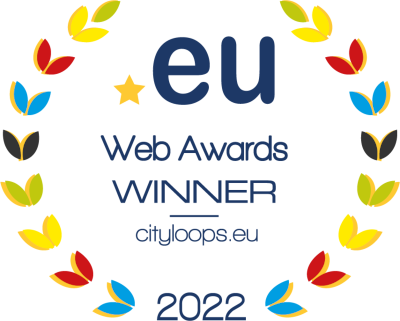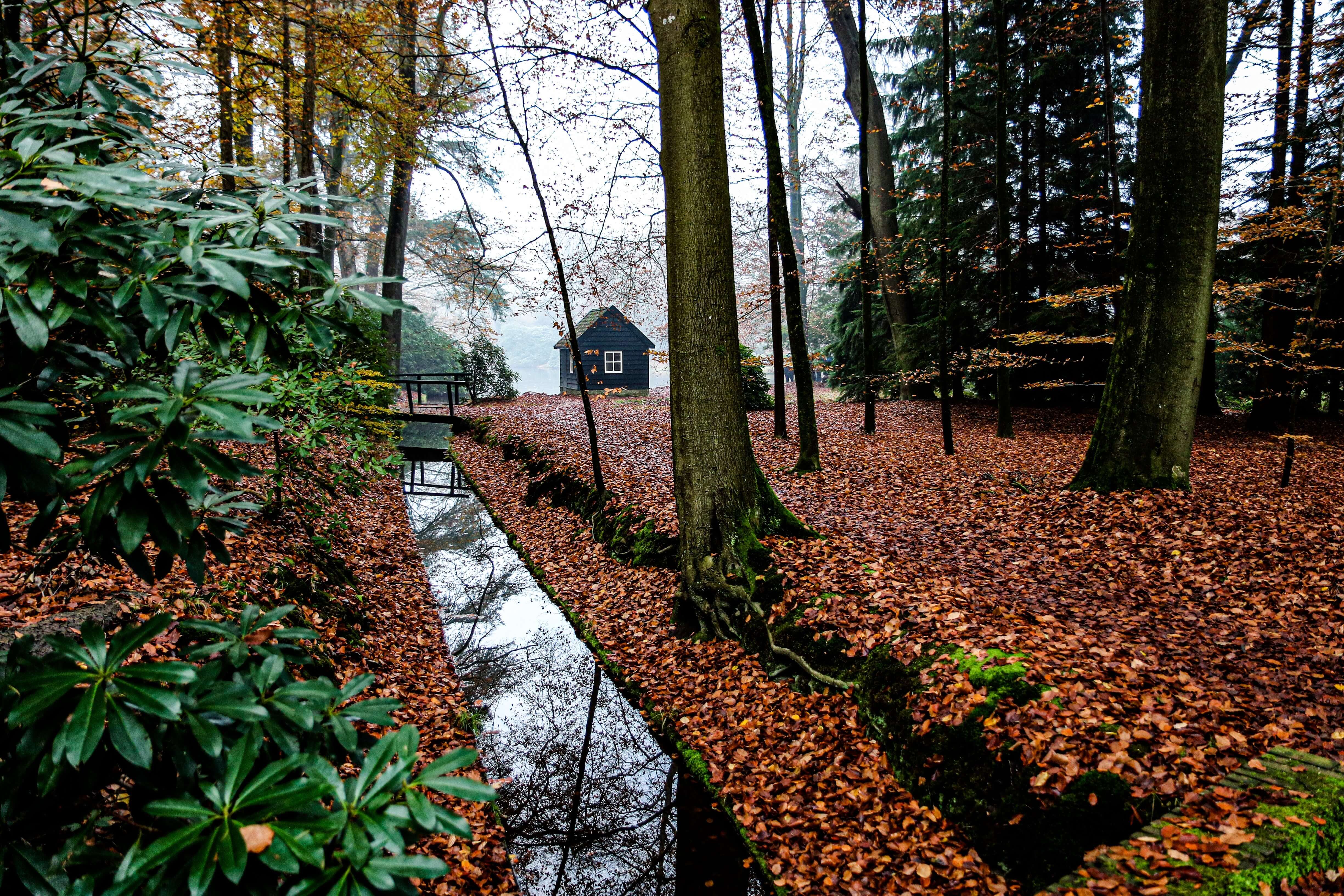Apeldoorn (The Netherlands)
Apeldoorn collects over 56,000 tonnes of household waste yearly, around 38% of which is bio-waste. The city knows where its biomass comes from; within CityLoops, the municipality aimed to further investigate how to process and/or collect biomass and introduce new processing methods and business models that enable the upcycling of biomass. Its demonstration actions focused on bokashi, biochar, fibre-based products from grass and 3D printing of Japanese knotweed In the coming. CityLoops also gave Apeldoorn a better understanding of circular construction. The demonstration actions related to the circular renovation of a residential street in the Griffiersveld neighbourhood helped the municipality to implement circularity in design and procurement processes. Apeldoorn is now facilitating multiple material depots, using asset management software, such as a project passport, and has adopted an online matching application. More information about Apeldoorn's results in CityLoops can be found in their demonstration reports below as well as their urban circularity assessment.
Further publications
- Evaluation plan - Bio-waste
- Evaluation plan - CDW
- Sector-wide circularity assessment for the biomass sector
- Sector-wide circularity assessment for the construction sector
- CO2 transport calculator for the Netherlands
- Stakeholder consultation procedure - co-design process
- Visualising the residual lifespan of road constructions in a 3D model
- Collecting and storing data for material passport
- Apeldoorn - data dashboard
- Apeldoorn - circularity dashboard
Construction and Demolition Waste
Demonstration action 1: Circular design and reconstruction of Griffiersveld street
Bio-waste
Demonstration action 1: Bokashi production from leaves
Demonstration action 2: Biochar production
Demonstration action 3: Production of fibre-based products
Demonstration action 4: 3D printing with organic fibre

